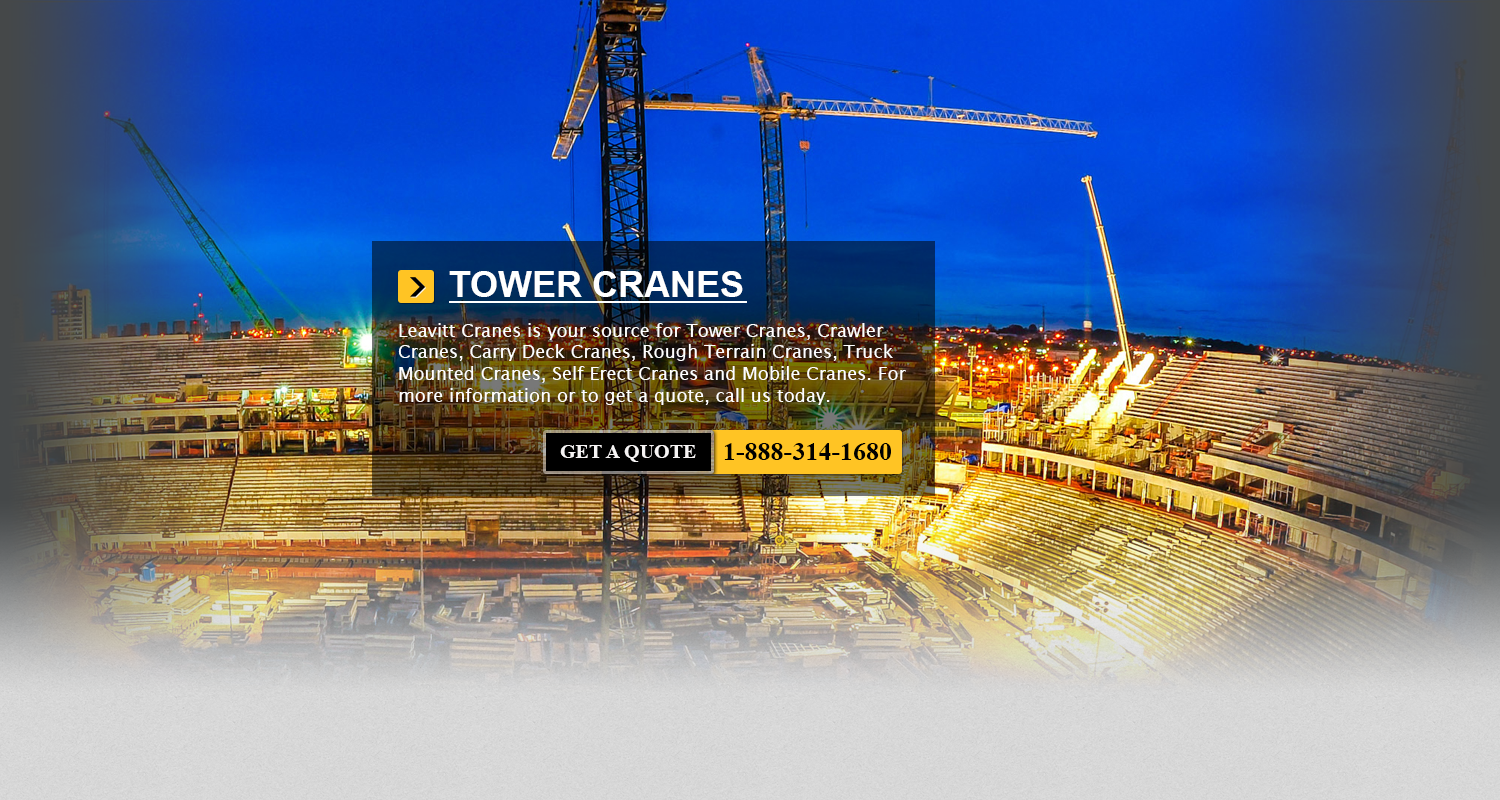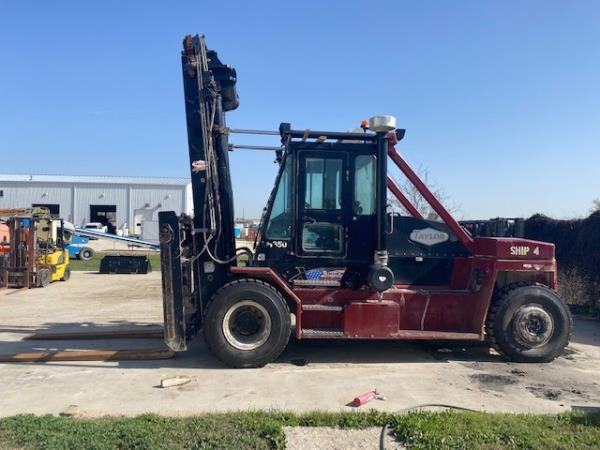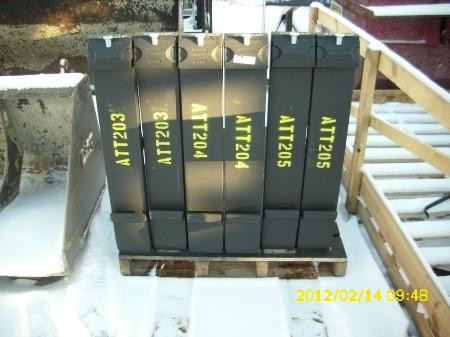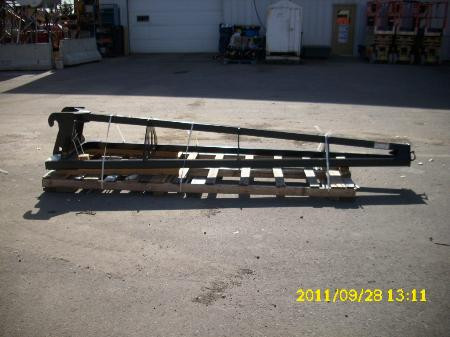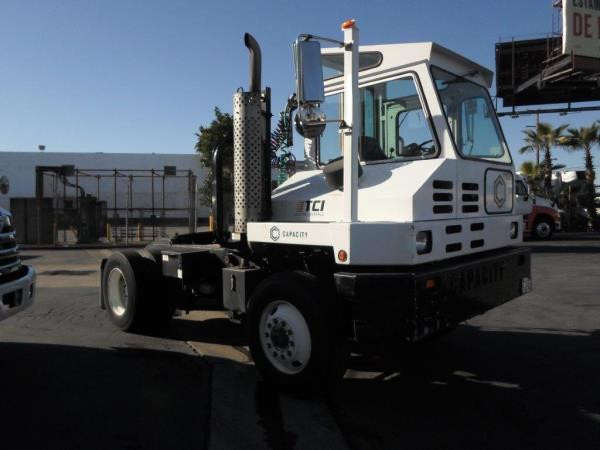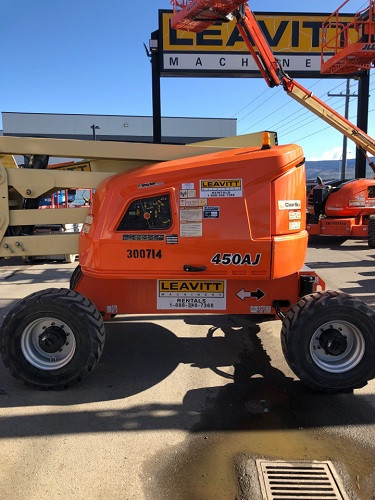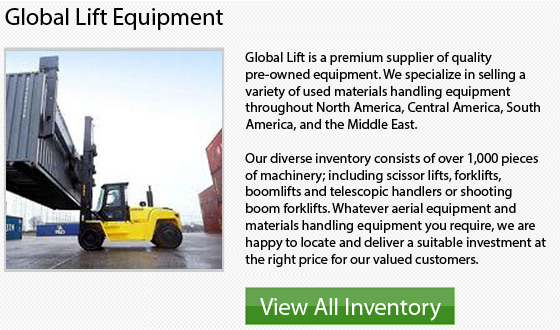
Jungheinrich Warehouse Forklift Arlington
Environmental Issues Regarding Electric Lift Truck Batteries
Electric lift trucks are usually safer and more stable than diesel and gas powered lift trucks. Gasoline and diesel engines emit toxic exhaust and pose a risk of fire. Nonetheless, electric forklifts can be hazardous, as well. They have rechargeable batteries as their source of power, and batteries can present risks to the environment as well as to personal safety. There are risks connected with the manufacture, use, storage and disposal of rechargeable batteries for forklifts.
Manufacturing
The majority of lift truck batteries are made by placing lead plates into a sulfuric acid solution. These are known as lead-acid rechargeable batteries. Lead is toxic which, when used in manufacturing processes, poses hazards to water quality due to drainage and runoff. Once lead enters a water system it could result in different kinds of health problems to people and could even be fatal. The sulfuric acid utilized in lift truck batteries is very detrimental to skin and could lead to severe burns. Sulfuric acid also produces harmful fumes which can cause damage to the natural environment and to humans.
Normal Storage and Use
When recharging, the lead-acid battery could produce hydrogen gas as a chemical byproduct. When recharging batteries for a lift truck or any other kinds of vehicle, sparks, smoking, flames and heat should be kept well away from the recharging site. The combustible hydrogen could cause an explosion if ignited by heat or flame.
Sulfuric acid in the batteries can lead to chemical burns if it touches the bare skin. This is not an issue during normal use of the battery, but if a battery is damaged or punctured, the acid can spray or leak, potentially burning anyone who is nearby.
Disposal
Disposing of lead-acid batteries incorrectly should be avoided at all costs. The sulfuric acid can either be neutralized or recycled or could be reused in new batteries. To avoid the serious environmental consequences of wrong disposal, all lead-acid batteries bought or sold in the United States include a "core charge" that would only be returned if the used battery is turned in.
- MEC Scissor Lifts Arlington
Safety Requirements for Scissor Lifts Scissor lift machinery are known as "moveable scaffolds," according to the OSHA. These industrial machines are capable of lifting heavy and large loads that are balanced well. They are responsible... More - Doosan Dual Fuel Forklifts Arlington
Basic Training Information for LPG Liquid petroleum gas or LPG is a odorless and colorless fuel derived from natural gas. LPG consists of 90% propane. It is extracted in a process referred to as distilling.... More - Mitsubishi Counterbalance Forklifts Arlington
Unfortunately, industrial accidents and injuries at construction sites are extremely common and occur more often than anybody would prefer. According to statistics, a huge majority of these mishaps occur because of inadequate or wholly absent... More - Terex Reach Stackers Arlington
The Reach Stackers made by Terex are economical in operation. These units have been meticulously designed and engineered to suit the needs of a diverse customer base. The Reach Stacker range is more flexible than... More - Wolff Tower Cranes Arlington
During 1861, the company Harland and Wolff was formed. Mr. Gustav Wilhelm Wolff, born in Hamburg in 1834, along with Mr. Edward James Harland born during 1831, formed the business. In 1858 Harland, who was... More
